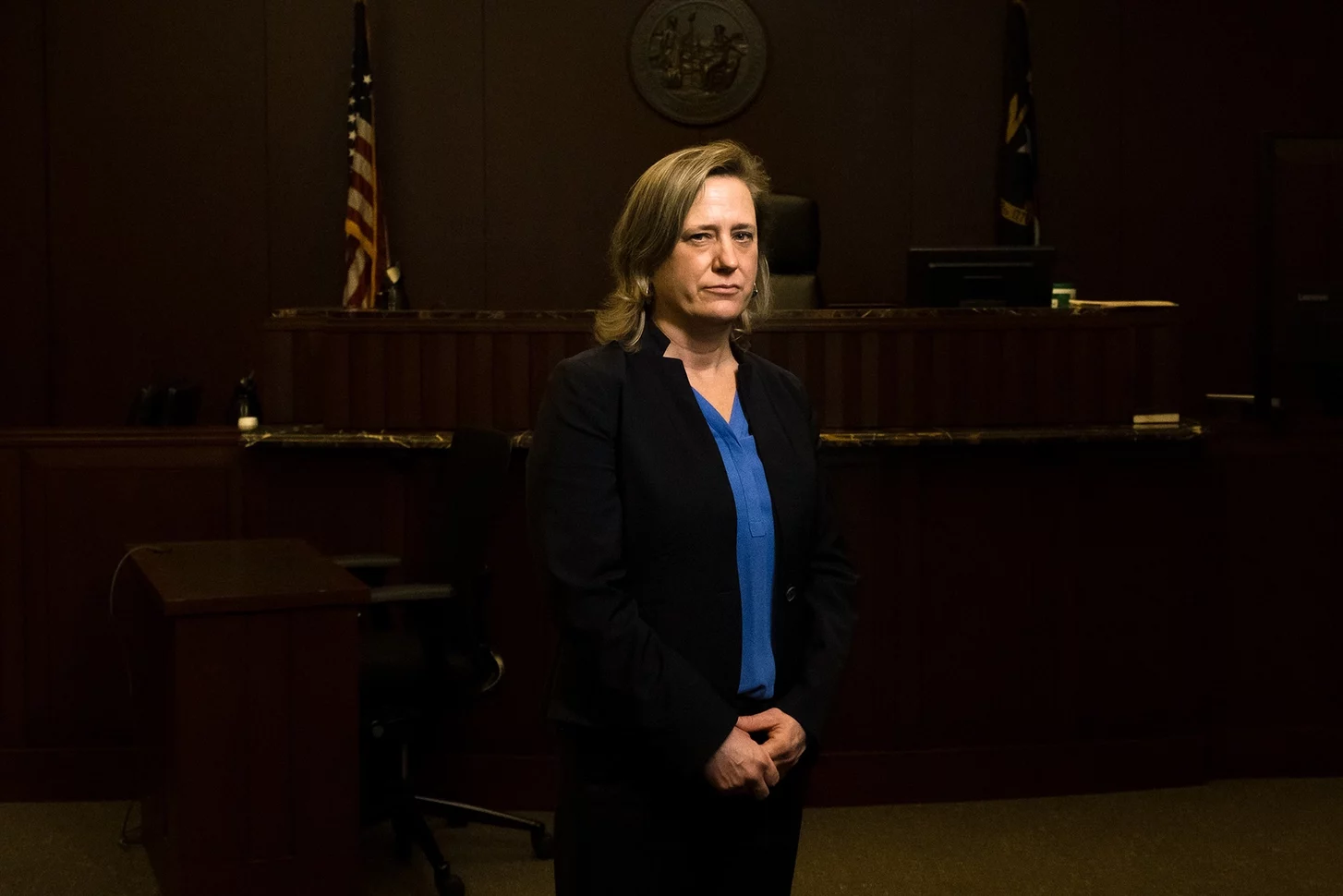We already know from our experience with the Racial Justice Act how prosecutors work to keep juries in capital cases overwhelmingly white, using the tool of peremptory strikes. Now, new […]

NC Coalition for Alternatives to the Death Penalty
Committed to ending the death penalty and creating a new vision of justice

· Kristin Collins

· Kristin Collins

· Kristin Collins

A bipartisan group of North Carolina legislators introduced a bill this week to prohibit the death penalty for people with severe mental illness. Here’s a recent case that illustrates why this law is so needed: Wake County prosecutors knew that Kendrick Gregory had severe mental illness when they decided to try him capitally. In the eight months before the crime, he’d been hospitalized at least 20 times for mental illness. He checked himself into emergency rooms over and over, reporting symptoms of psychosis. On some occasions, he said he heard voices telling him to hurt himself. In the five years that they sought to try him for the death penalty, his mental illness became only more apparent. It is both immoral and unconstitutional to execute people who cannot understand or regulate their actions. Yet, in North Carolina, it remains accepted practice to try people with severe mental illness for their lives.

· Kristin Collins

It’s starting to feel like Groundhog Day in Wake County. Every year begins with a capital trial, and every year, the jury chooses life. Wake is the only county in the state where a defendant has been tried capitally every year for the past three years. We’re hoping that, next year, we can skip this annual ritual.